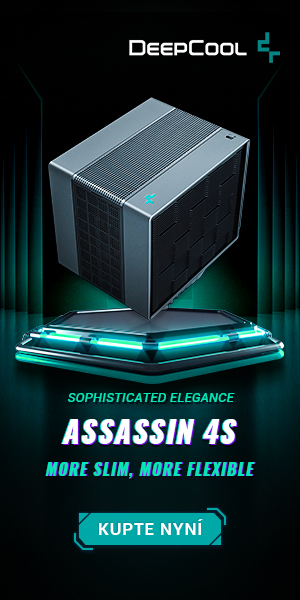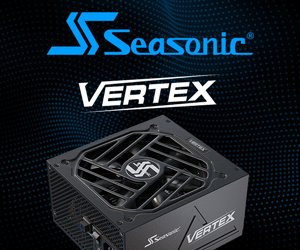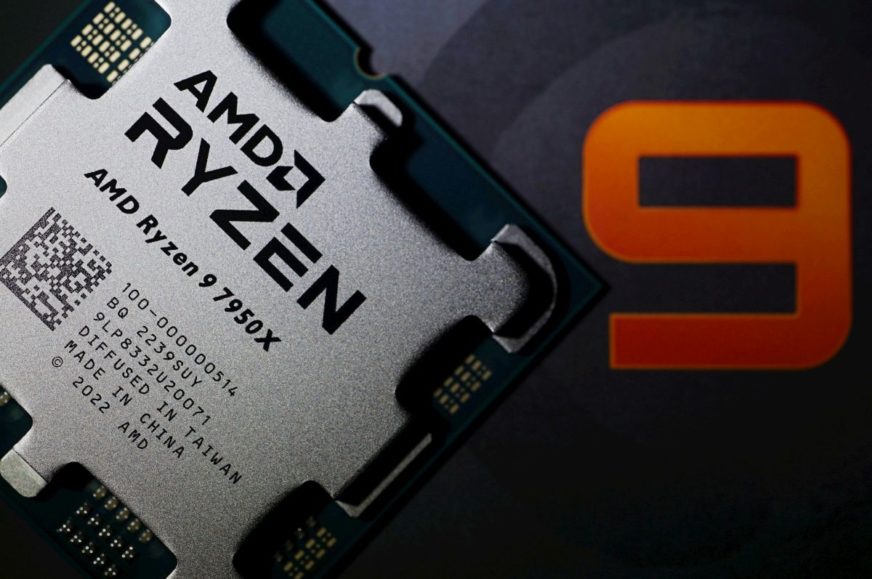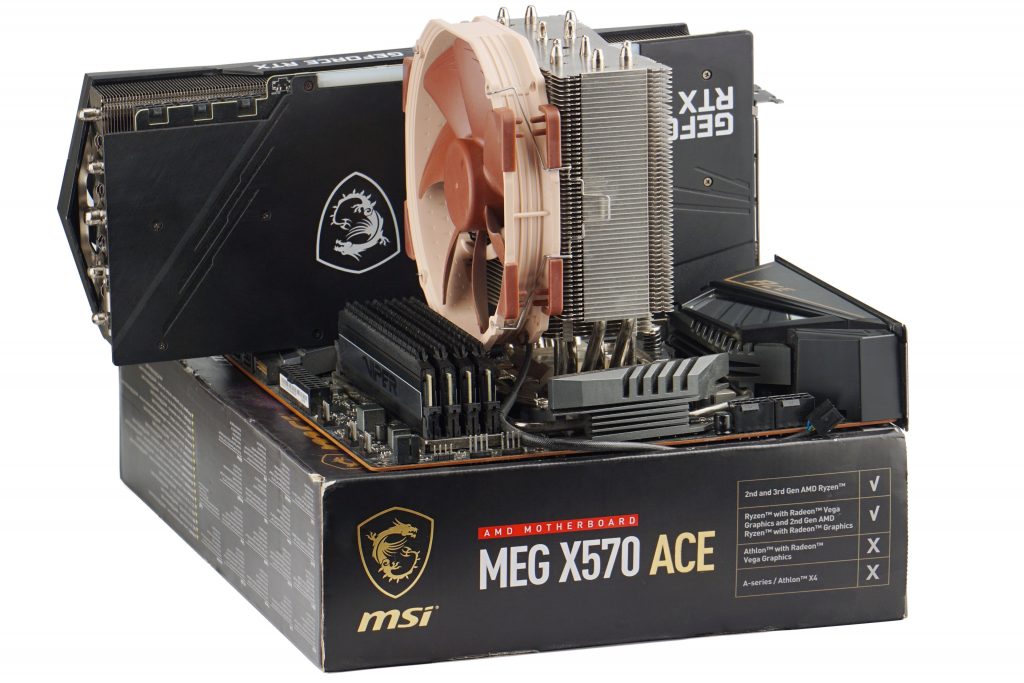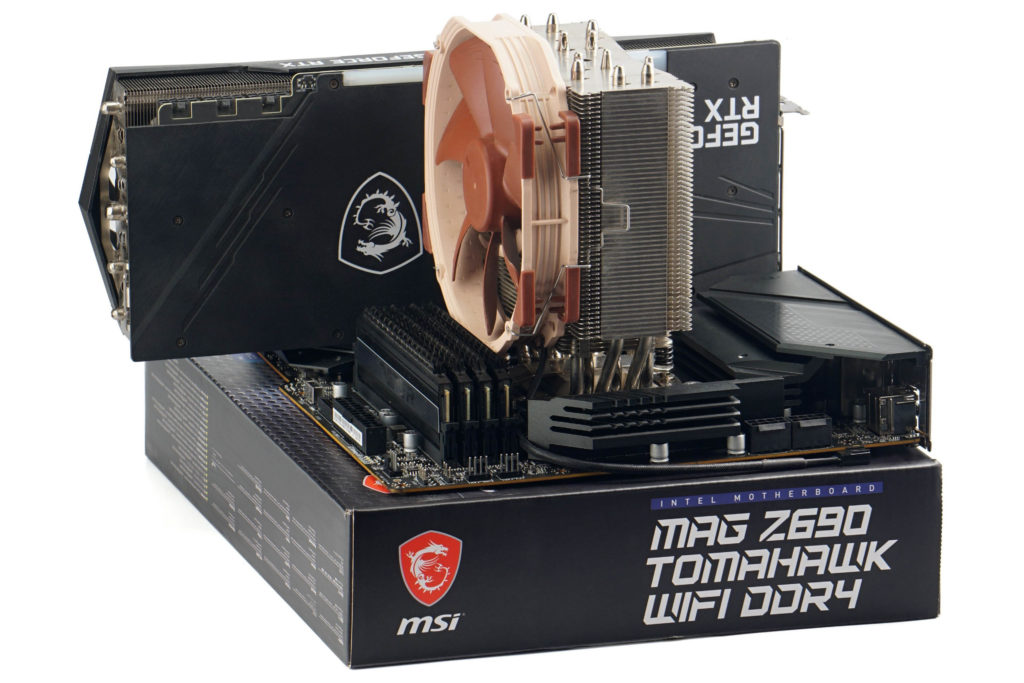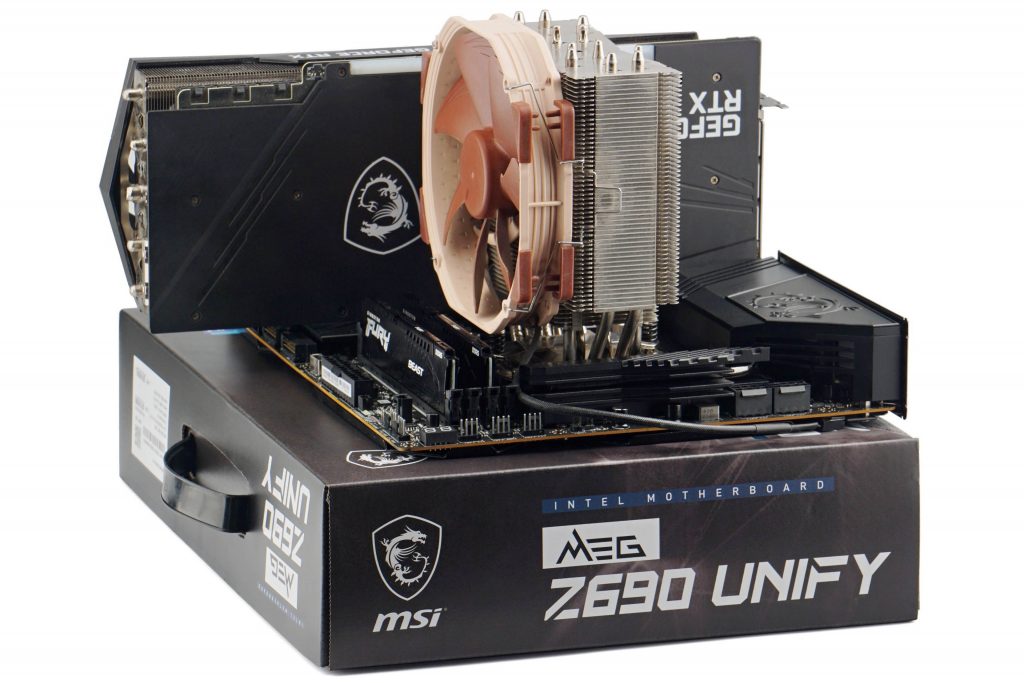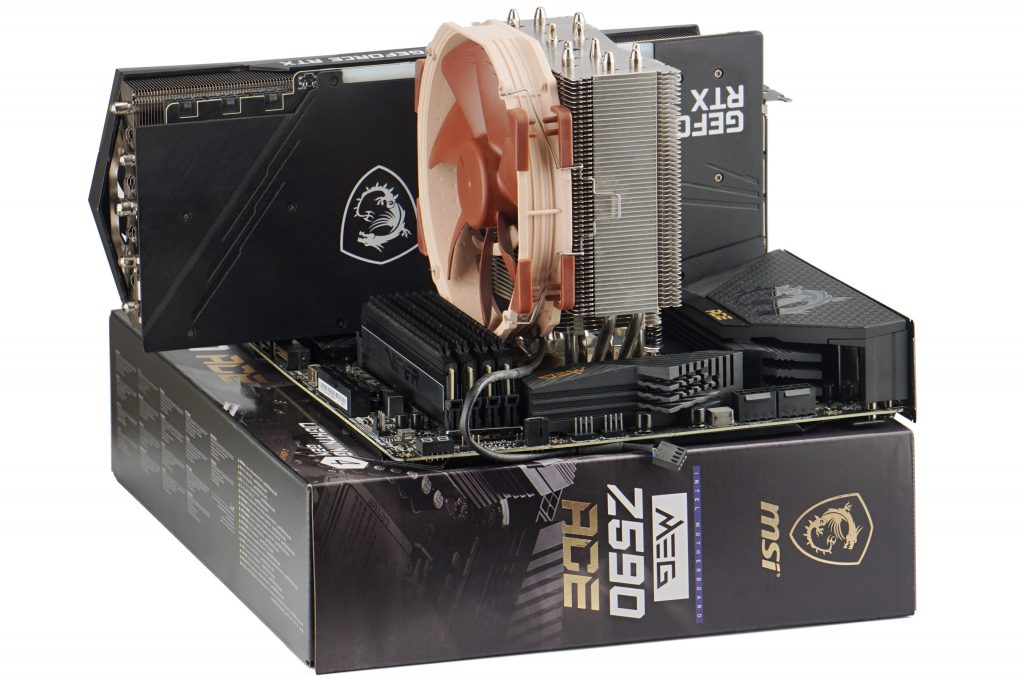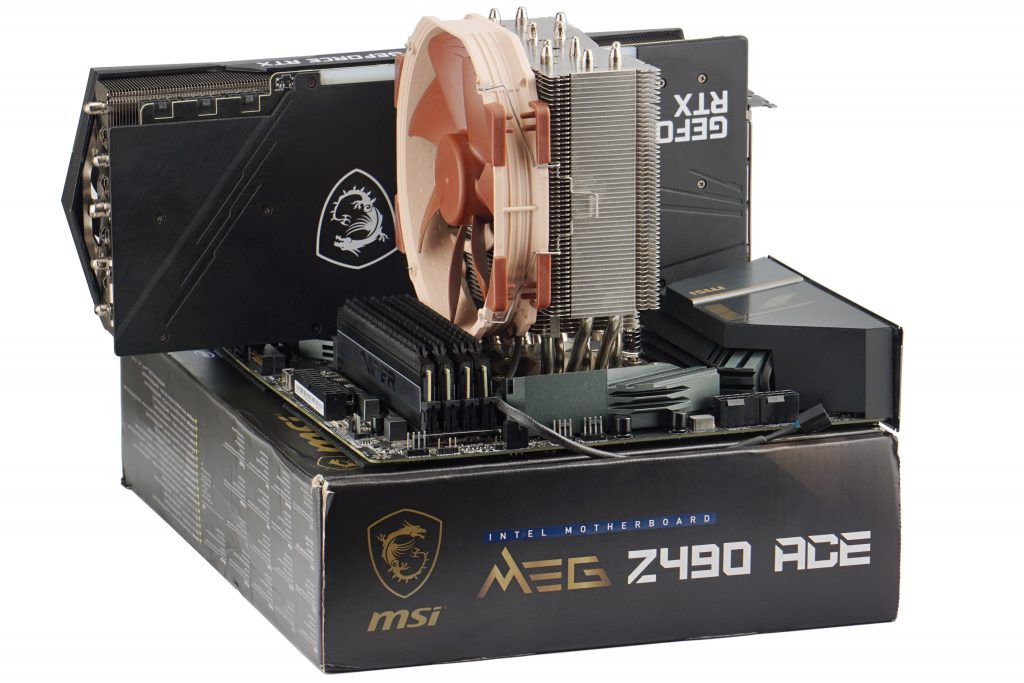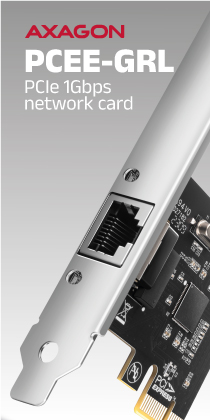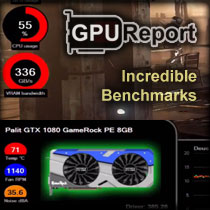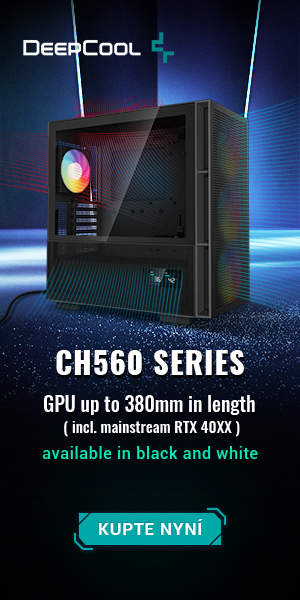Test setup
We saved our tests of the most powerful Ryzen 7000 processor for last, for a number of reasons, as the last “X” model to expand the results database from this generation. The Ryzen 9 7950X, with its 32 threads, stands up to its 32-threaded competitor in the form of the Core i9-13900K with sovereignty, despite having eight fewer cores. Some might even state that it is the more cost-effective processor. But it comes down to your own point of view.
Test setup
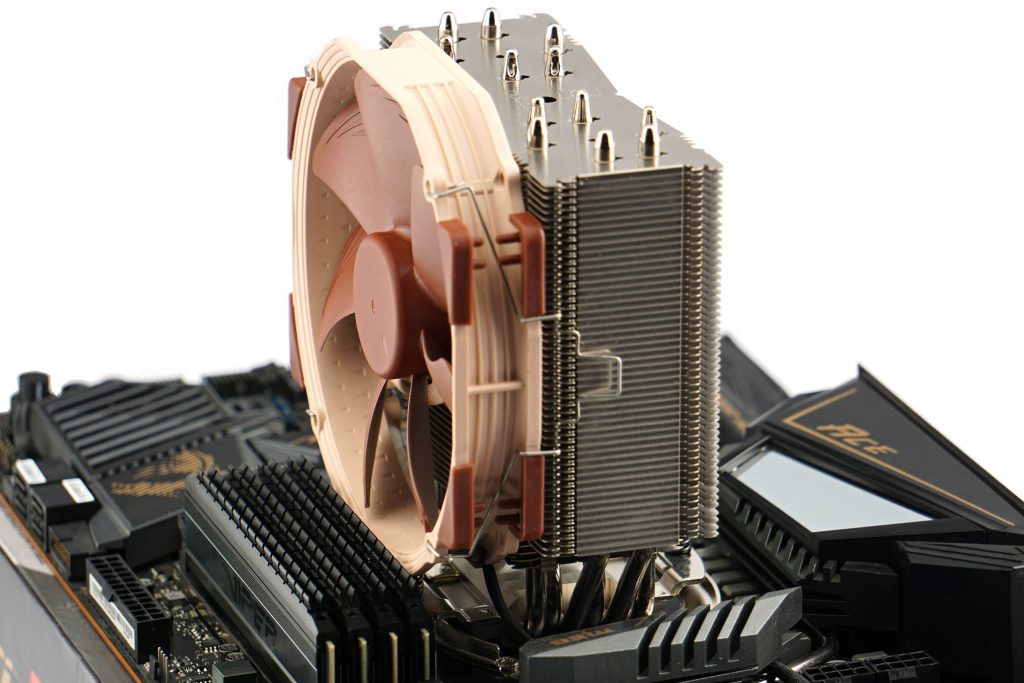
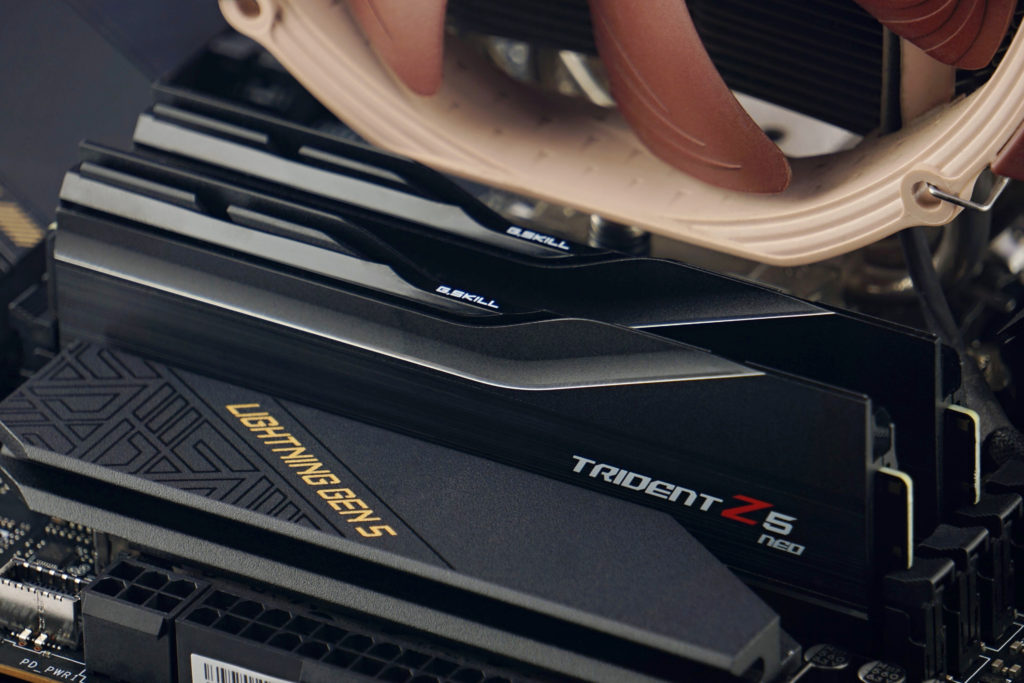
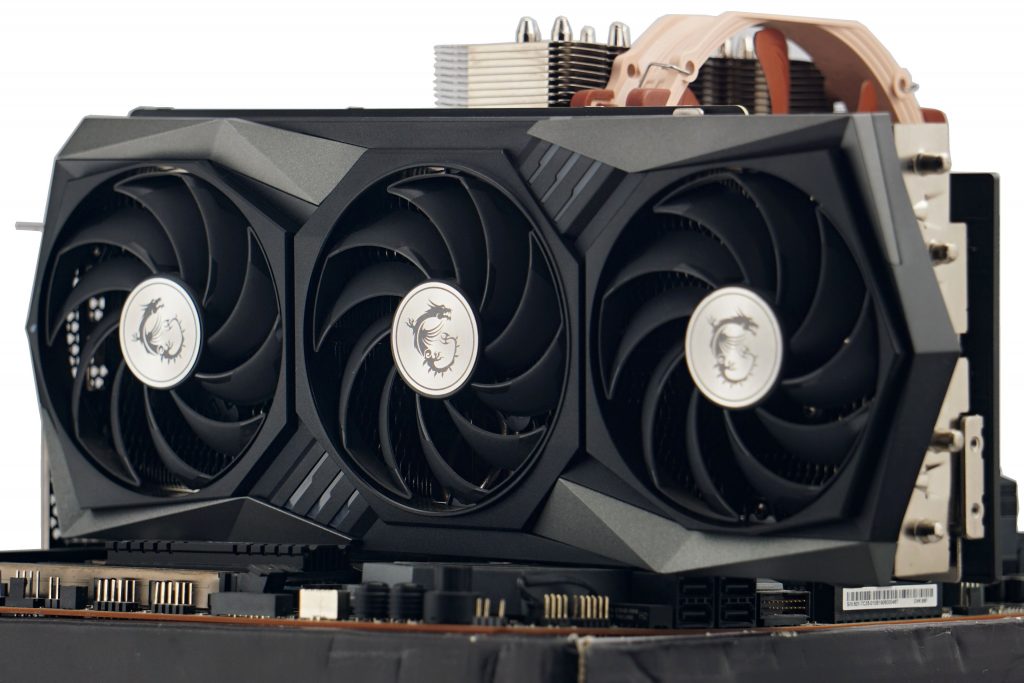
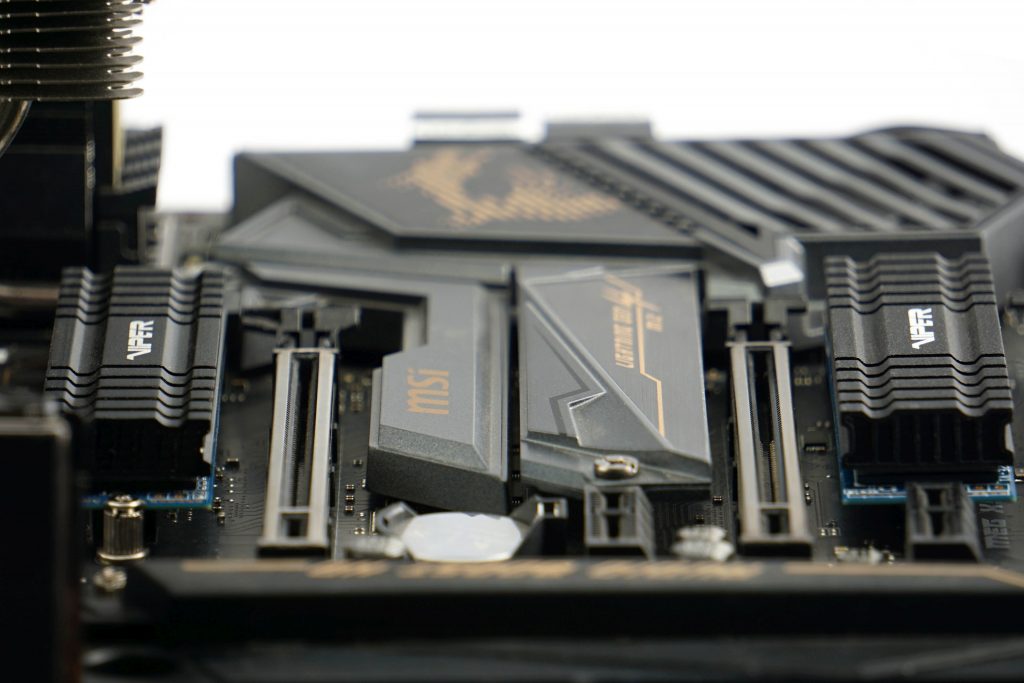
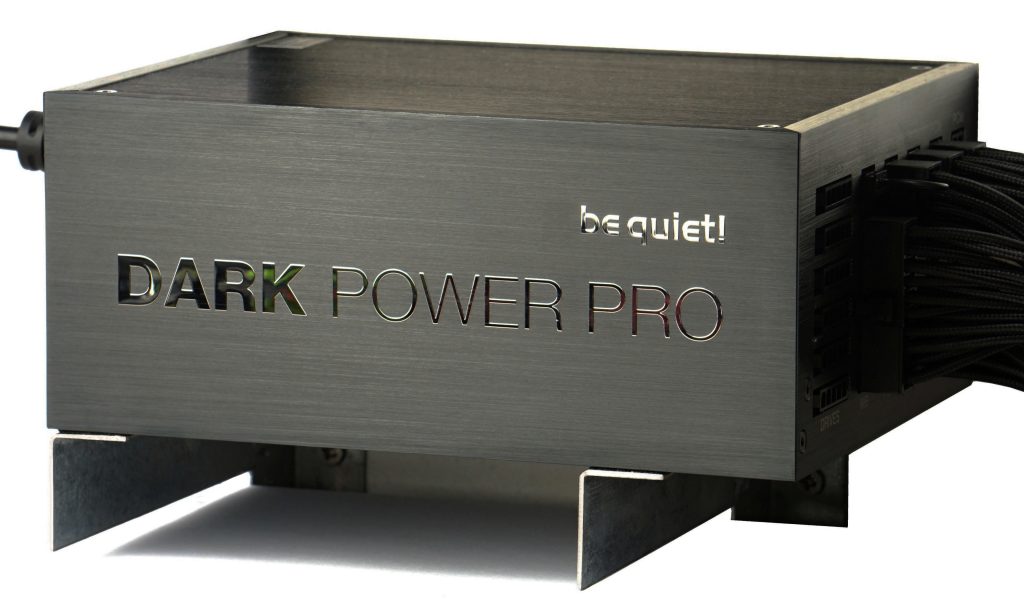
| Test configuration | |
| CPU cooler | Noctua NH-U14S@12 V |
| Thermal compound | Noctua NT-H2 |
| Motherboard * | Acc. to processor: MSI MEG X670E Ace, MEG X570 Ace, MEG Z690 Unify, MAG Z690 Tomahawk WiFi DDR4, Z590 Ace, MSI MEG X570 Ace alebo MSI MEG Z490 Ace |
| Memory (RAM) | Acc. to platform: from DDR5 modules G.Skill Trident Z5 Neo (2× 16 GB, 6000 MHz/CL30) and Kingston Fury Beast (2× 16 GB, 5200 MHz/CL40) and DDR4 Patriot Blackout, (4× 8 GB, 3600 MHz/CL18) |
| Graphics card | MSI RTX 3080 Gaming X Trio w/o Resizable BAR |
| SSD | 2× Patriot Viper VPN100 (512 GB + 2 TB) |
| PSU | BeQuiet! Dark Power Pro 12 (1200 W) |
* We use the following BIOSes on motherboards. For MSI MEG X670E Ace v1.10NPRP, for MEG X570 Ace v1E, for MEG Z690 Unify v10, for MAG Z690 Tomahawk WiFi DDR4 v11, for MEG Z590 Ace v1.14 and for MEG Z490 Ace v17.
Note: The graphics drivers we use are Nvidia GeForce 466.77 and the Windows 10 OS build is 19045 at the time of testing.
Intel processors are tested on MSI MEG Z690 Unify, MAG Z490 Tomahawk WiFi DDR4, Z590 Ace and Z490 Ace motherboards. Kingston Fury Beast DDR5 memory (2×16 GB, 5200 MHz/CL40) is used with the MSI MEG Z690 Unify.
On platforms supporting DDR5 memory, we use two different sets of modules. For more powerful processors with “X” (AMD) or “K” (Intel) in the name, the faster G.Skill Trident Z5 Neo (2×16 GB, 6000 MHz/CL30) memory. In the case of cheaper processors (without X or K at the end of the name), the slower Kingston Fury Beast (2×16 GB, 5200 MHz/CL40) modules. But this is more or less just symbolism, the bandwidth is very high for both kits, it is not a bottleneck, and the difference in processor performance is very small, practically negligible, across the differently fast memory kits.
- Contents
- AMD Ryzen 9 7950X in detail
- Methodology: performance tests
- Methodology: how we measure power draw
- Methodology: temperature and clock speed tests
- Test setup
- 3DMark
- Assassin’s Creed: Valhalla
- Borderlands 3
- Counter-Strike: GO
- Cyberpunk 2077
- DOOM Eternal
- F1 2020
- Metro Exodus
- Microsoft Flight Simulator
- Shadow of the Tomb Raider
- Total War Saga: Troy
- Overall gaming performance
- Gaming performance per euro
- PCMark and Geekbench
- Web performance
- 3D rendering: Cinebench, Blender, ...
- Video 1/2: Adobe Premiere Pro
- Video 2/2: DaVinci Resolve Studio
- Graphics effects: Adobe After Effects
- Video encoding
- Audio encoding
- Broadcasting (OBS and Xsplit)
- Photos 1/2: Adobe Photoshop and Lightroom
- Photos 2/2: Affinity Photo, Topaz Labs AI Apps, ZPS X, ...
- (De)compression
- (De)encryption
- Numerical computing
- Simulations
- Memory and cache tests
- Processor power draw curve
- Average processor power draw
- Performance per watt
- Achieved CPU clock speed
- CPU temperature
- Conclusion



